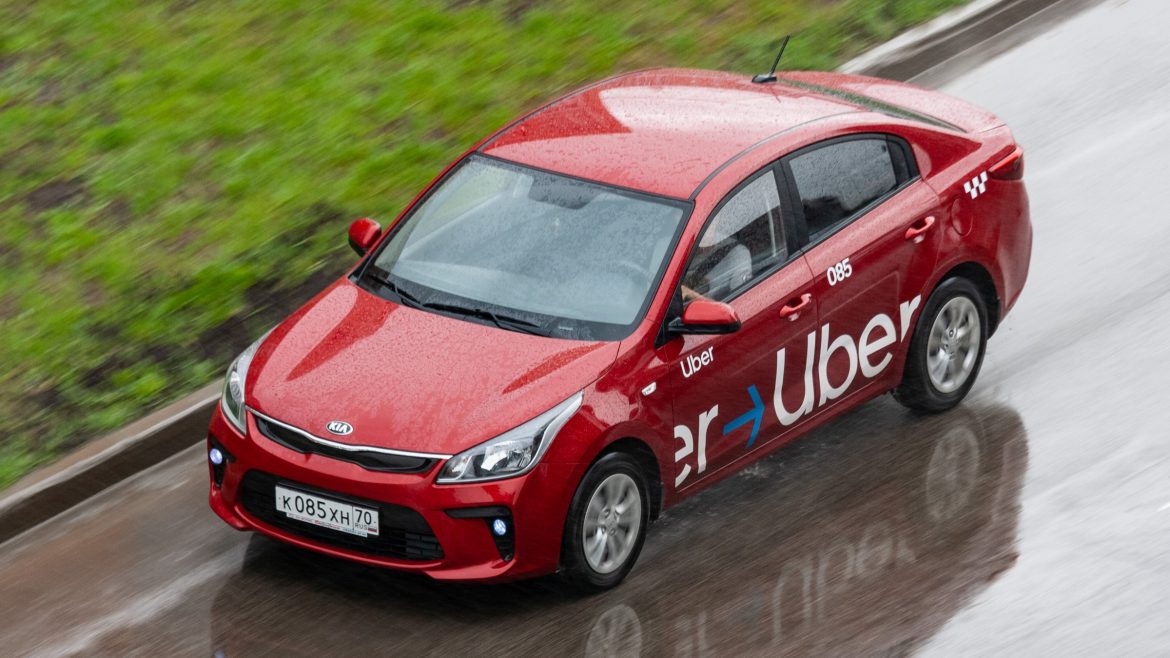Thousands of drivers affiliated with ride-sharing giants Uber and Lyft, along with food delivery app DoorDash, are set to stage a widespread strike across the United States on Valentine’s Day, demanding fair compensation for their services. The coordinated demonstrations come amid ongoing tensions between drivers and the platforms they work for, as concerns over pay disparities and working conditions continue to mount.
Driver advocacy groups have rallied drivers across the nation to participate in the strike, highlighting the need for equitable pay and improved working conditions. The move comes on the heels of Lyft’s recent announcement of guaranteed weekly earnings for drivers, a groundbreaking initiative within the ride-hailing industry in the United States. Despite Lyft’s efforts to attract more drivers to its platform, discontent among drivers persists, with many expressing frustration over what they perceive as disproportionately high commissions taken by the companies.
Jonathan Cruz, a Miami-based driver and member of the Justice For App Workers coalition, which represents over 100,000 drivers, emphasised the magnitude of the impending strike, labelling it as the largest he has witnessed. Drivers from various regions are expected to participate, signalling widespread dissatisfaction with the current state of affairs within the gig economy.
While Uber downplayed the impact of such strikes, CEO Dara Khosrowshahi disclosed during a recent earnings call that drivers in the U.S. earned approximately USD 33 per utilised hour in the fourth quarter. However, drivers contend that algorithmic pricing models implemented by the platforms have led to a significant decline in earnings over time, rendering their efforts increasingly unsustainable.
Nicole Moore, president of the California-based Rideshare Drivers United union, expressed concerns over the decline in drivers’ earnings despite their continued dedication to the platforms. According to data from Gridwise, Uber drivers saw a 17.1% decrease in monthly average gross earnings in 2023, while Lyft drivers experienced a modest 2.5% increase. This disparity underscores the pressing need for reforms to ensure that drivers receive fair compensation for their labour.
Shantwan Humphrey, a driver based in Dallas, Texas, echoed these sentiments, emphasising the financial strain faced by drivers who struggle to make ends meet on inadequate wages. The strike on Valentine’s Day serves as a collective effort by drivers to demand better treatment and fair pay from the platforms they rely on for their livelihoods.
As drivers gear up for the nationwide strike, the spotlight remains on the gig economy’s labour practices and the need for meaningful reforms to address the concerns of workers. While Uber and Lyft have sought to reassure investors and the public about their commitment to improving the driver experience, the ongoing strike underscores the urgency of addressing systemic issues within the industry.



